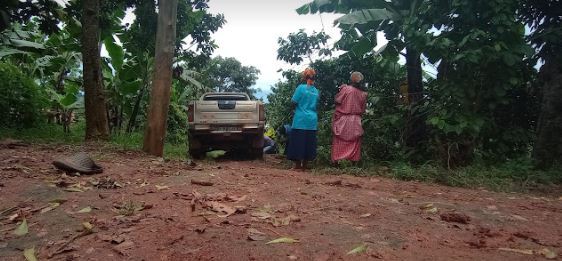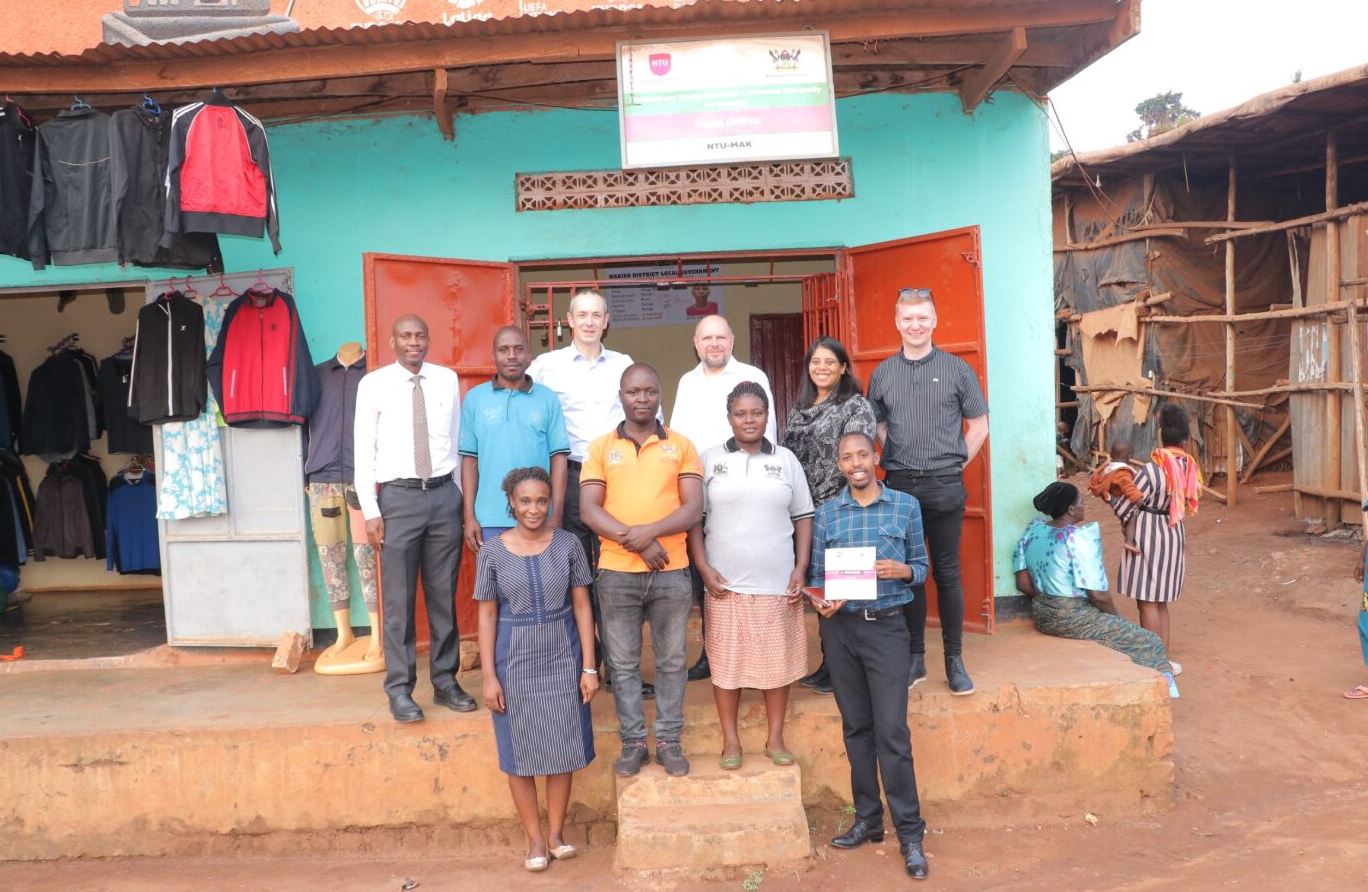
Overview

For over 12 years, the School of Social Sciences at Nottingham Trent University (NTU) has had a formal partnership with the School of Public Health at Makerere University, Uganda. This collaboration has recently expanded to include other disciplines at both universities including nursing, microbiology, veterinary, as well as environmental and agricultural sciences. The focus of this partnership is on training, community service, research and capacity building in Uganda and UK. Makerere University is now a NTU Strategic Partner.
Key Themes of our Global Health Work:
- Inequalities & social justice; gender; social enterprise
- Ecological thinking
- Moving health systems up stream – health promotion comprehensive primary health care ; social model of health
- Working at the boundaries – visible /invisible; formal /informal: Challenging the power structures; valuing different forms of knowledge
- Research with impact; that makes a difference
- Partnership leadership investment
Methodological approaches
The model of the partnership is centred on: Mobility, Knowledge Exchange and Social Enterprise and Impact. The partnership through this model has strengthened community health in Wakiso District, Uganda using a health systems approach. The major health systems building blocks targeted by the project at community level are:
- Health workforce (through enhancing the capacity of community health workers (CHWs) and their supervisors who are mainly nurses).
- Health information systems (through supporting the completeness and timely submission of data from CHWs)
- Access to essential medicines (through enhancing timely delivery of drugs and other commodities to CHWs)
- Health service delivery (through improving performance of CHWs in relation to quality of care, respective care, and timely referral of patients) and governance and leadership (through supporting the supervision and coordination of community health).
- A pilot project trained 766 CHWs in Wakiso district Uganda on epidemic and pandemic preparedness and response including COVID-19.
Through the partnership weak health systems components in the community have been strengthened. The main outcome of the project is the continual better functioning community health system through improved performance of the CHWs. The partnership has also been involved in the ERASMUS International Credit Mobility which has led to student placements, joint PhDs, international conference attendance, and student and staff (e.g., Community Health Workers, academic and other university staff) exchanges between the two universities.
Impact and Evaluation
Impact: Health system strengthening
- Upskilling and motivating the community health workforce through new training programmes and proactive knowledge exchange
- Widening access to healthcare for underserved populations in Uganda through new Community Health Worker training programmes
- Strengthening health systems and embedding antimicrobial stewardship
- Impact Case Study Health & Wellbeing - Widening Access to Healthcare for Underserved Populations in Uganda through new Community Health Worker Training Programmes
Evaluation:
The funding for this project was received just before the Covid-19 pandemic arrived and was critical for our CHWs and communities. A pilot project trained 766 CHWs in Wakiso district Uganda on epidemic and pandemic preparedness and response including COVID-19. This evaluation was carried out to generate evidence on the outcomes of the project that can inform preparations for future outbreaks in Uganda. Enhancing the capacity of community health workers in prevention and control of epidemics and pandemics in Wakiso district, Uganda: evaluation of a pilot project. BMC Primary. 17 July 2024.
Related EAC Research and Partnership Pages
Other Related Resources

Team members
- Professor Linda Gibson, NTU-MAK Partnership Lead (UK)
- Dr David Musoke, NTU-MAK Partnership Lead (Uganda)
- Michael Brown, Research Associate (NTU)
- Grace Biyinzika Lubega, NTU
Publications
2024
Musoke D, Lubega G, Twesigye B, Nakachwa B, Obeng Brown M, Gibson L. Enhancing the capacity of community health workers in prevention and control of epidemics and pandemics in Wakiso district, Uganda: evaluation of a pilot project. BMC Primary Care, Published: 17 July 2024, Volume 25, article number 260, (2024)
2022
Musoke, David & Nyashanu, Mathew & Bugembe, Henry & Lubega, Grace & O'Donovan, James & Halage, Ali & Gibson, Linda. (2022). Contested notions of challenges affecting Community Health Workers in low- and middle-income countries informed by the Silences Framework. Hum Resour Health 20, 4 (2022).